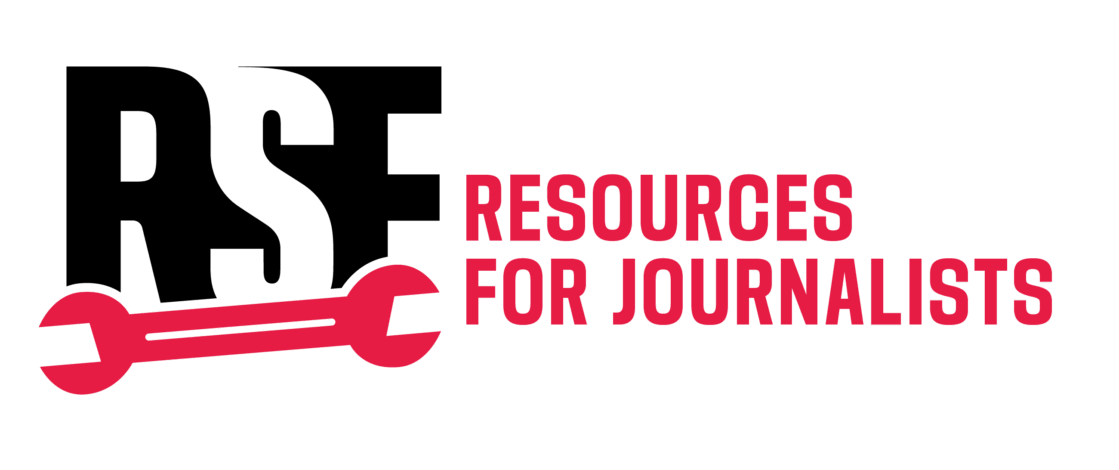“Journalism and trauma” is a five-part series from Reporters Without Borders (RSF) exploring the impact of psychological trauma on journalists. This last article provides insights from mental health experts on conducting interviews with survivors who have recently experienced extreme trauma, ensuring respect and minimal emotional distress for both parties.
Interviewing individuals who have endured disasters or significant loss requires careful consideration. Each person processes trauma uniquely, experiencing various stages of shock and grief that can make discussing these experiences challenging. Journalists, while not counsellors, must adopt a role that prioritises listening, empathy, and respect in their interview techniques.
Preparation for the interview
- Assess personal mental health. Journalists should reflect on their own experiences with trauma to ensure they can approach the interview with a clear and focused mind. RSF offers additional resources on building resilience to trauma, which can be a valuable preparatory step.
- Research thoroughly. Acquiring as much background information of the interviewee as possible can reduce the need for them to relive traumatic memories unnecessarily. This preparation also aids in making the interview process more efficient and less taxing.
- Secure informed consent. It is crucial to explain to the interviewee the purpose of the interview, how the information will be used, and to obtain their consent for recordings and the use of their identity. Conduct the interview in a location that feels safe and comfortable for the interviewee, where they can terminate the interview at any point if they feel uncomfortable.
Being an empathetic interviewer
- Initiate with simple queries. Start the interview with simple, fact-oriented questions such as, “Where were you when the incident happened?” This approach allows the interviewee to gradually engage with their emotions.
- Guide the emotional narrative. Direct questioning about personal emotional experiences can be overwhelming. Instead, reframing questions to allow interviewees to speak about their experiences indirectly, such as asking, “What advice would you offer to someone experiencing similar challenges?” can help manage the emotional intensity.
- Refrain from attempting to console. Journalists should avoid platitudes like “I feel you” or “It will get better,” as these can seem insincere and may invalidate the interviewee’s feelings. Instead, acknowledgement without judgement is key.
- Avoid personal anecdotes. Sharing personal stories of trauma during an interview can detract from the focus on the interviewee and may lead to unproductive comparisons.
- Maintain transparency and empathy. Expressing empathy transparently can be done by acknowledging the interviewee’s feelings with statements such as, “I can hear you feel outraged/shocked,” or “I am sorry, I don’t have any advice, I also feel sad and don’t know what to do.” Remember, when speaking with trauma survivors, the aim is not to act as a counsellor but to ensure they feel safe enough to recount their experiences.
About the authors:
- Chine Chan, BS in Psychology, MS in Behavioral Health. After working as a journalist, she engaged in human rights and development work.
- Ansel Lam, Master of Behavioral Health, Certified Executive Coach. He deals with overall health, and engages in human rights and training work.
← Read Part 1: The personal toll of reporting
← Read Part 2: Navigating psychological challenges
← Read Part 3: Self-care for journalists
← Read Part 4: Collective trauma reshaping identities



